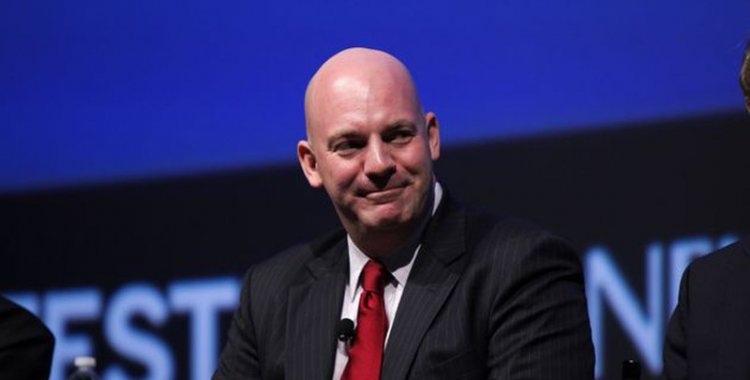René Clarke Cooper, assistant secretary for the Office of Political and Military Affairs of the U.S. federal government, said the pandemic has forced a reassessment of military, defense and security resources made available within the country and in assistance to other countries, but that certain basic requirements for the existence of defense agreements remain mandatory.
"When we projected U.S. resources for international security assistance, the primary requirements did not change. What we do now is assess and consider how to continue [with assistance] and allow flexibility for security cooperation partners to adjust where they need to," the assistant secretary of state explained.
"The funds for security assistance that are being spent ... have not gone away," said Clarke Cooper, when asked by Lusa whether there will be changes in U.S. support to Portuguese-speaking African countries.
The deputy secretary for Political and Military Affairs noted that "looking at a place like Mozambique, where there are affiliates of the EI [self-styled Islamic State], or a place like Guinea-Bissau, where there are drug traffickers, the capacity building to reduce, mitigate and respond to a terrorist threat or transnational crime danger has not stopped.
"What has changed is that [...] the US is taking the opportunity to identify reforms, refine processes and reapply resources," explained Clarke Cooper, noting that the "need to strengthen the capacities and skills of the security forces, including strengthening law enforcement" of countries benefiting from US support remains.
The Assistant Secretary commented that when transnational and transregional crime is observed, "there is certainly an overlap and, in many cases, certain facilitation lines associated with terrorists, terrorism, non-governmental actors and criminal organizations".
Without concretely identifying to whom he refers, Clarke Cooper stressed that "adversaries are also opportunistic" and that the U.S. notes that "there are government actors who seek to impose themselves on other states through [their] support," as do nongovernmental actors.
The statements were made this Thursday to Lusa in a State Department videoconference with journalists to discuss how the US is using security support tools, defense trade and peacekeeping capabilities to help allies and partners respond to the covid-19 pandemic and "ensure that the United States remains the security partner of choice for the nations of the world.
René Clarke Cooper said the new coronavirus pandemic brought "evolution" in international needs and ways of working, including arms security or transportation.
The politician said that "there may be a change in the demands on partners, not only because defence budgets have been cut, but because the threat in these places may also develop differently".
However, the Assistant Secretary of State noted that there is a difference between adjustments that can be made immediately and other aspects that need "inter-administrative consultations, and in parallel, notifying and working with legislators in the U.S. Congress.







